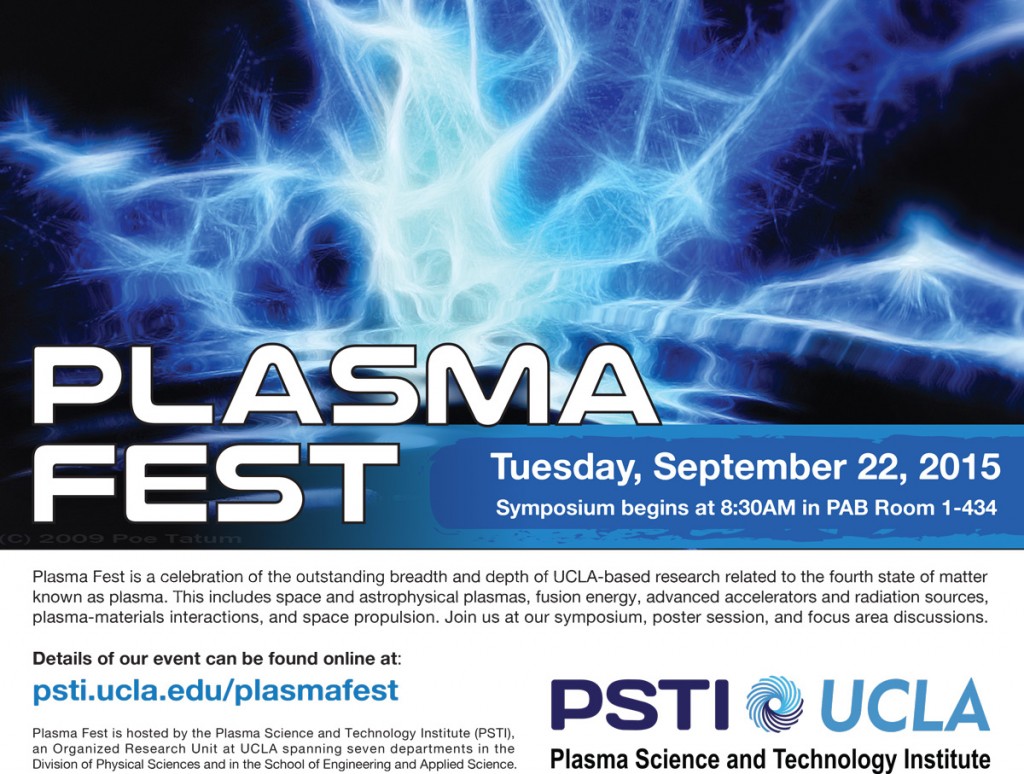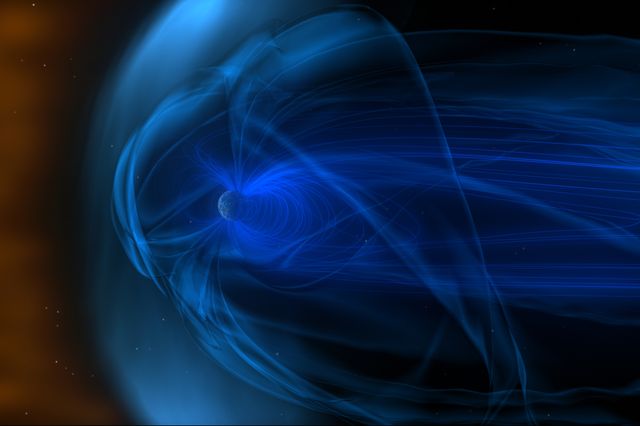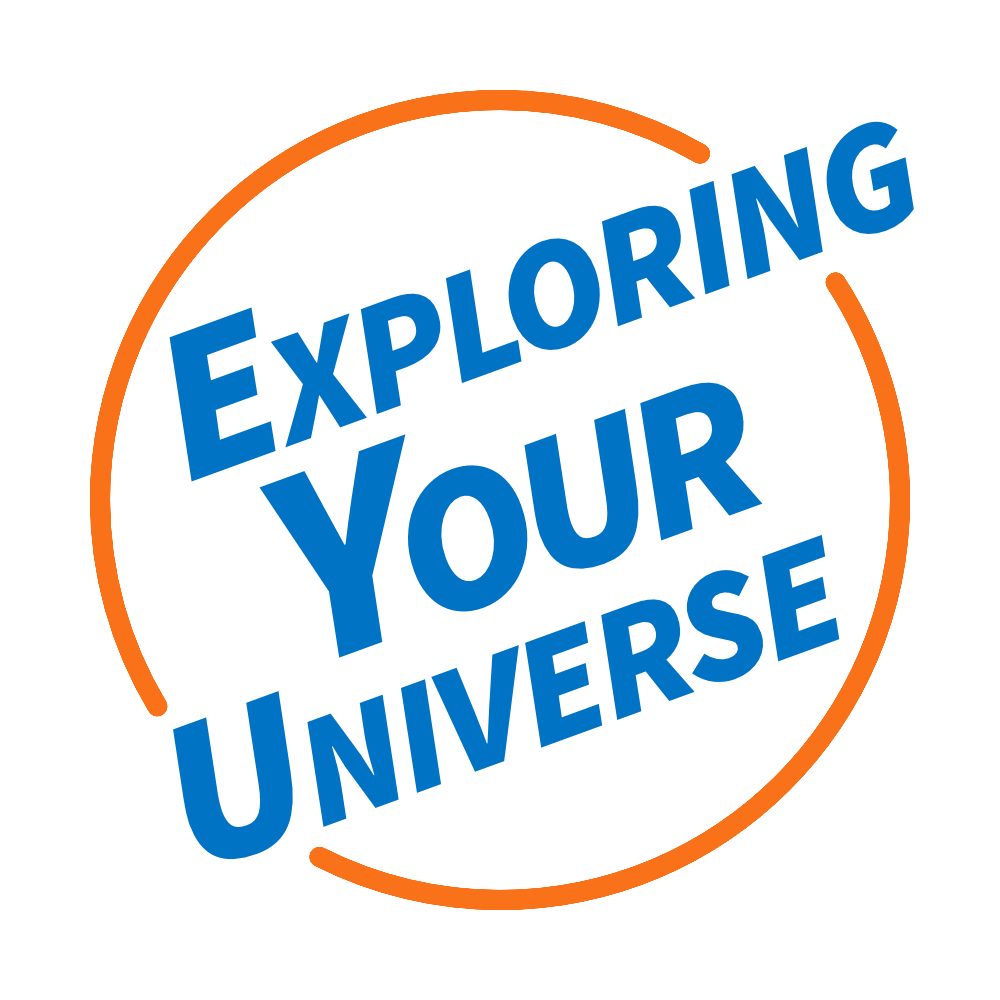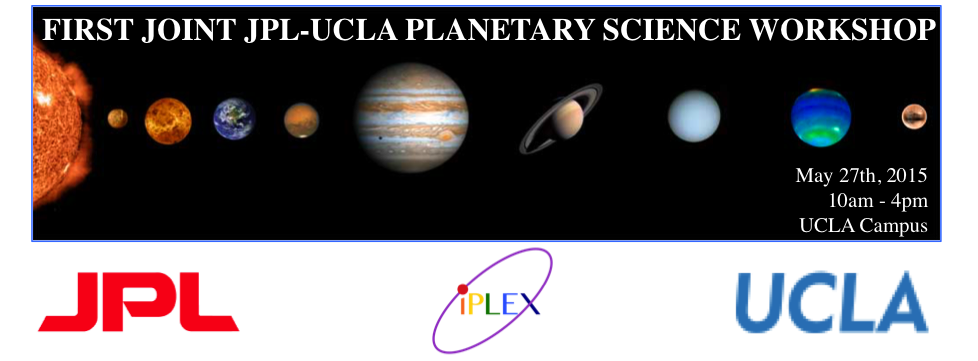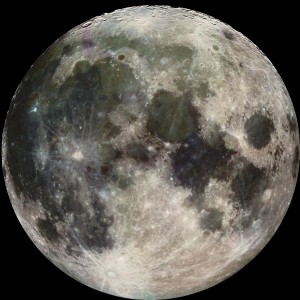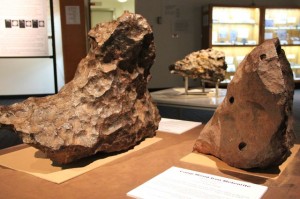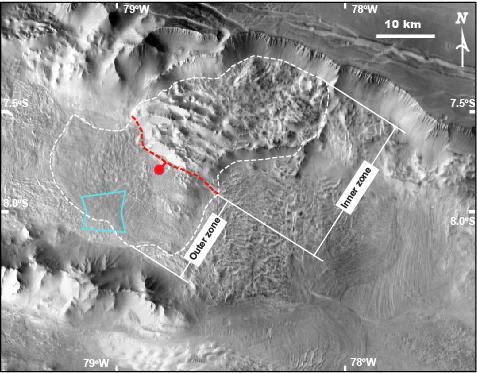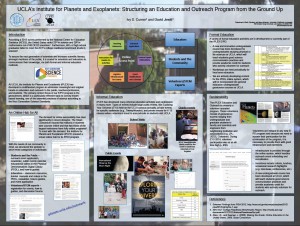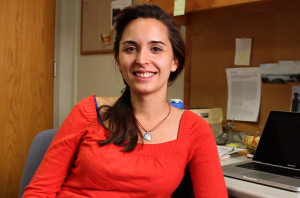Registration for Plasma Fest 2015 is open (and FREE!) but required due to limited seating. In case you haven’t done that yet, please register now at:
http://psti.ucla.edu/plasmafest/register.html
AGENDA
8:30-12:30: Symposium
Location: Physics and Astronomy Building (PAB) Room 1-434
After a welcome by Joseph Rudnick, Dean of the Division of Physical Sciences, and opening remarks by Frank Jenko, Director of UCLA’s Plasma Science and Technology Institute (PSTI), there will be several overview talks highlighting the outstanding breadth and depth of UCLA-based plasma research. This includes space and astrophysical plasmas, fusion energy, advanced accelerators and radiation sources, plasma-materials interactions, and space propulsion.
12:30-5:30: Lunch, Poster Session, and Focus Area Discussions
Location: Covel Commons 3rd Floor
During the lunch break (lunch will be provided), there will be a Poster Session, serving as an opportunity (also for graduate students and postdocs) to present and discuss current research projects with colleagues from other groups and departments within the PSTI.
This will be followed by two discussions, which are meant to help establish Focus Groups. One of them will center on “Bounded Plasmas,” i.e., issues related to relatively cold plasmas in contact with material walls; this includes, for instance, the edge region of fusion plasmas, plasma thrusters, and a variety of basic plasma science experiments. The other one will deal with important aspects of “Plasma Astrophysics,” i.e., physical processes is space and astrophysical plasmas linked, for instance, to black hole accretion disks, cosmic magnetic fields, cosmic rays, or turbulent dissipation in the solar wind, as well as laboratory experiments shedding light on the dynamics in these systems.
Throughout these sessions, there will be an emphasis on close interactions between observation, experiment, theory, and simulation, as well as on exploring cross-departmental collaborative opportunities involving applied mathematics, space and astrophysics, plasma physics, and engineering.


